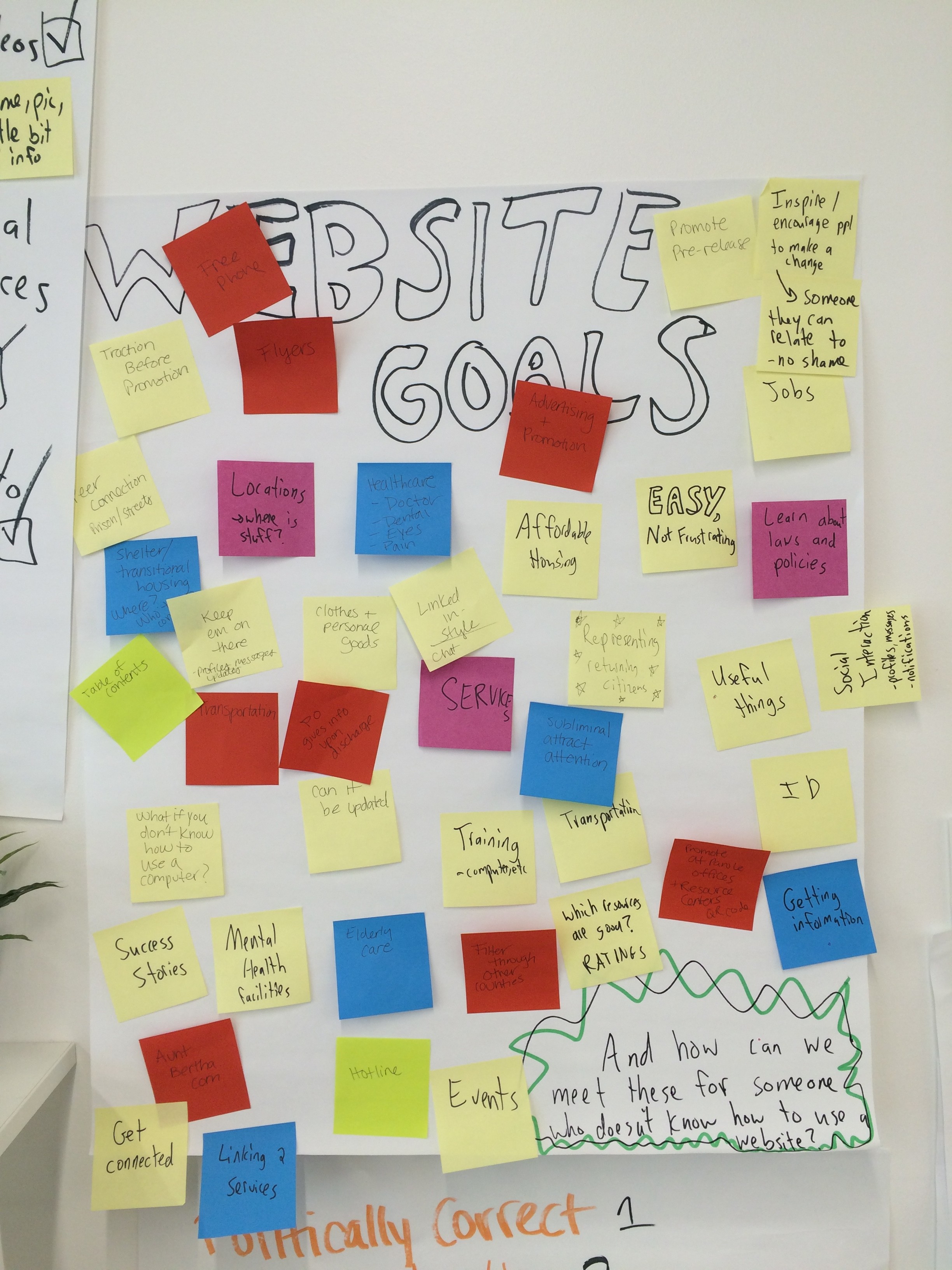
Don’t document everything, but document everything you can. Get in the habit of writing stuff down and organizing your documentation. If you can’t count it, describe it. Try to explain what’s happening or what your thoughts are on why someone said what they said. Impact is 20 percent evidence and 80 percent storytelling. So encourage people to tell stories and then figure out how to record them. Public engagement processes are affective; they are experiential. People engage in them because they care, but more importantly, they care because they’ve engaged in them. Capturing this sentiment is not science, it’s art, and it requires attentiveness and deep reflection. Make sure that someone on your team can spend the appropriate amount of time doing this work.
Things to Keep in Mind
- Document whenever possible and use thick description to capture nuances and details. Cultivate a spirit of project ethnography throughout the team.
- Conduct interviews or focus groups where possible to get more feedback. If there is time available, diaries are a useful tool for tracking findings and insights.
- The archive is the raw material of history. It’s not just about archiving what’s important, but archiving so things can become important.
- Process can be an outcome.
